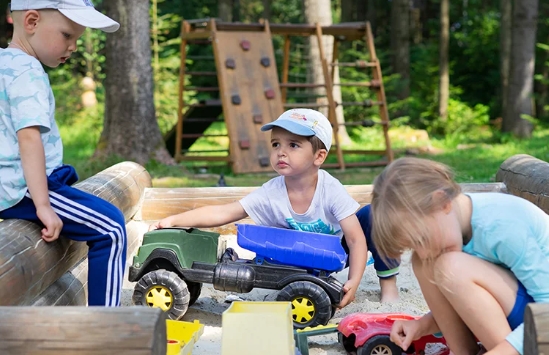Collaboration is Key
Collaboration is the act of working together to achieve a common goal.
It involves sharing ideas, resources, and responsibilities to create a collective outcome.
In the context of play, collaboration is a powerful tool that can foster teamwork, communication, and problem-solving skills.
The Benefits of Cooperative Play
Cooperative play encourages children to work together towards a common objective.
It promotes social interaction, empathy, and positive communication among peers.
Cooperative play also teaches children how to negotiate, compromise, and resolve conflicts in a peaceful manner.
Building Essential Life Skills
Through collaborative play, children learn to listen to others, express their ideas, and consider different perspectives.
They develop critical thinking skills, creativity, and the ability to work effectively in a team.
These skills are essential for success in school, work, and everyday life.
Creating a Sense of Community
Collaborative play creates a sense of belonging and unity among participants.
It fosters a supportive and inclusive environment where everyone’s contributions are valued.
By working together towards a common goal, individuals build trust, respect, and a sense of camaraderie.
Embracing Collaboration
To embrace collaboration in play, encourage children to work together towards a shared objective.
Provide opportunities for cooperative activities such as team sports, group projects, and problem-solving tasks.
Model positive communication and teamwork skills, and praise children for their collaborative efforts.
In conclusion, collaboration is a powerful tool that can enhance social skills, teamwork, and problem-solving abilities.
By embracing cooperative play, children can learn valuable life skills that will benefit them for years to come.

